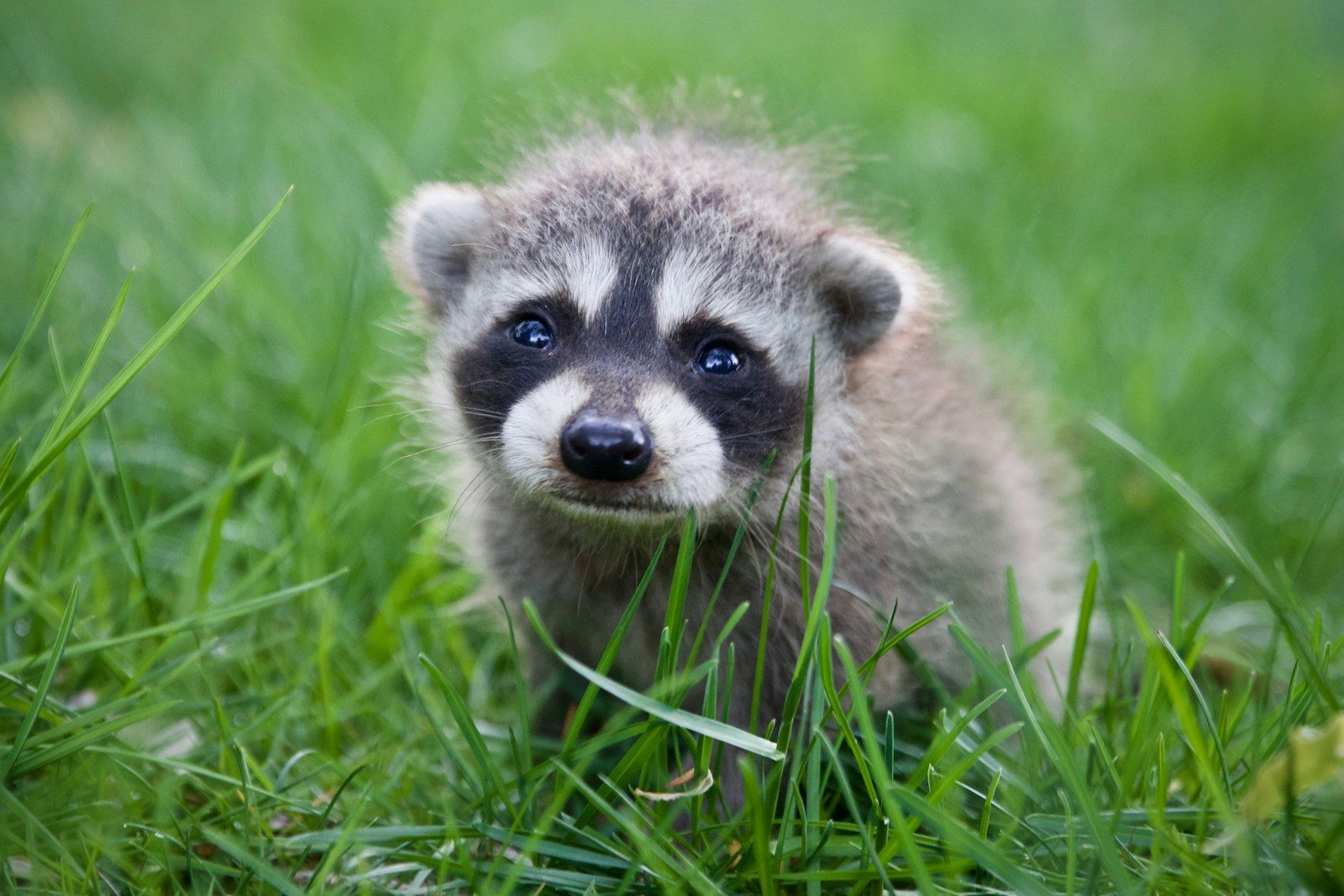
可爱
kě'ài

cute
The Chinese word '可爱' is used to describe something or someone that is charming and endearing. It could be used to refer to an adorable baby, a cute pet, or even a lovable object. It expresses a high degree of fondness and is usually used in a casual or affectionate context.
Example sentences using: 可爱
这只小猫真可爱。
Zhè zhī xiǎo māo zhēn kě ài.

This kitten is really cute.
This sentence is used to describe a kitten that the speaker finds very adorable or endearing.
我妹妹的笑容很可爱。
Wǒ mèimei de xiàoróng hěn kě'ài.

My sister's smile is very cute.
In this context, 可爱 is used to describe something that is lovely or appealing.
她的小狗看起来很可爱。
Tā de xiǎo gǒu kàn qǐlái hěn kě'ài.

Her puppy looks very cute.
In this sentence, 可爱 is used to describe the cute appearance of a puppy belonging to 'her'.
他的行为真可爱。
Tā de xíngwéi zhēn kě'ài.

His behavior is really cute.
The word 可爱 here refers to the adorableness of someone's behaviour.
这个可爱小孩在公园里玩。
Zhège kě'ài xiǎohái zài gōngyuán lǐ wán.

The cute child is playing in the park.
This sentence refers to a young child who is playing in a park, and the speaker finds the child adorable or delightful.
你的背包真可爱。
Nǐ de bēibāo zhēn kě'ài.

Your backpack is really cute.
This sentence suggests that the interlocutor's backpack is visually charming or engaging.
她的笑声很可爱。
Tā de xiào shēng hěn kě ài.

Her laughter is very cute.
This phrase is used when the speaker finds someone's laughter endearing or pleasant.
这对双胞胎真可爱。
Zhè duì shuāngbāotāi zhēn kě'ài.

These twins are really cute.
This statement is used to describe twins whom the speaker finds adorable.
可爱不是罪过。
Kě'ài bùshì zuìguò.

Being cute is not a crime.
This sentence is usually used in a humorous or playful context, suggesting that someone or something should not be faulted for being cute.
可爱的熊猫正在睡觉。
Kě'ài de xióngmāo zhèngzài shuìjiào.

The cute panda is sleeping.
This sentence describes an adorable panda that is currently sleeping.